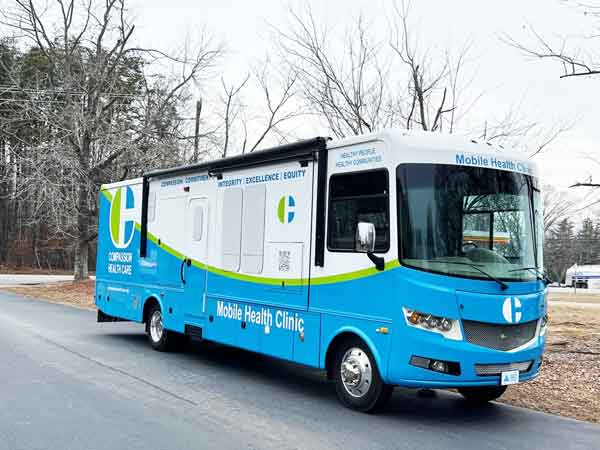How to Get a Good Night’s Sleep
Sleep is essential for your physical and mental health. It helps your body repair itself, consolidate memories, and regulate your emotions. However, many people find it difficult to get a good night’s sleep. Here are five tips to help you get a better night’s sleep:
- Stick to a sleep schedule. Go to bed and wake up at the same time each day, even on weekends. This will help to regulate your body’s natural sleep-wake cycle.
- Create a relaxing bedtime routine. This could include taking a warm bath, reading a book, or listening to calming music. Avoid watching TV or using electronic devices in the hour before bed, as the blue light emitted from these devices can interfere with sleep.
- Make sure your bedroom is dark, quiet, and cool. Darkness helps to promote the production of melatonin, a hormone that helps you sleep. Noise and light can disrupt sleep, so make sure your bedroom is as dark and quiet as possible. A cool temperature (around 65 degrees Fahrenheit) is also ideal for sleep.
- Get regular exercise. Exercise can help you sleep better at night. However, avoid exercising too close to bedtime, as this can make it difficult to fall asleep.
- See a doctor if you have trouble sleeping. If you have trouble sleeping for more than two weeks, talk to your doctor. There may be an underlying medical condition that is interfering with your sleep.
- Avoid caffeine and alcohol before bed. Caffeine and alcohol can interfere with sleep.
- Nap during the day if you need to, but keep it short (no more than 30 minutes). A long nap can make it harder to fall asleep at night.
Getting a good night’s sleep is essential for your health and well-being. By following these tips, you can improve your sleep quality and wake up feeling refreshed and energized.
Here are some additional tips that may help you get a good night’s sleep:
- Avoid caffeine and alcohol before bed. Caffeine and alcohol can interfere with sleep.
- Nap during the day if you need to, but keep it short (no more than 30 minutes). A long nap can make it harder to fall asleep at night.
- Get regular medical checkups. Some medical conditions, such as sleep apnea, can interfere with sleep.
- If you have trouble sleeping, talk to a therapist or counselor. Stress and anxiety can make it difficult to fall asleep.


